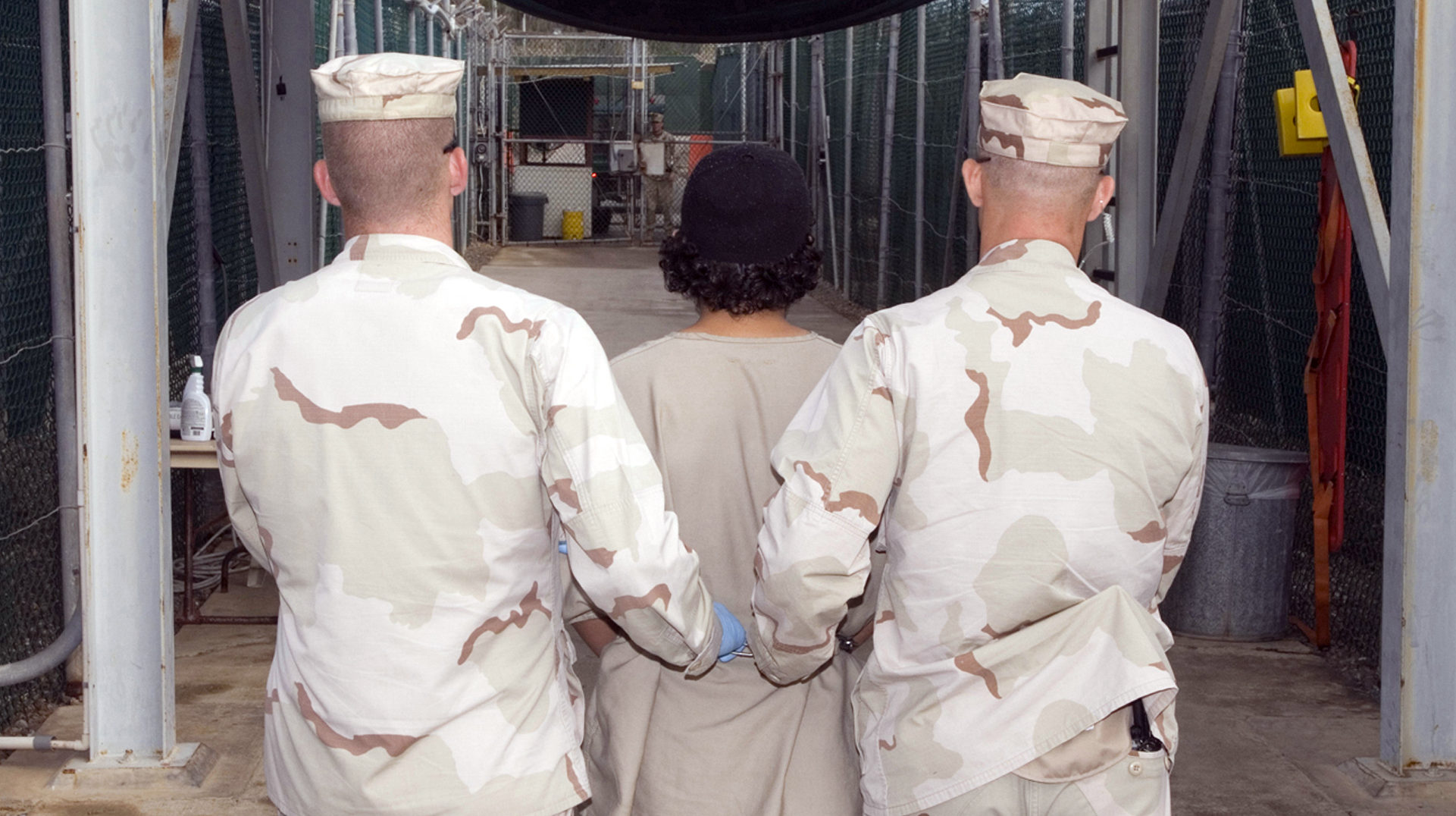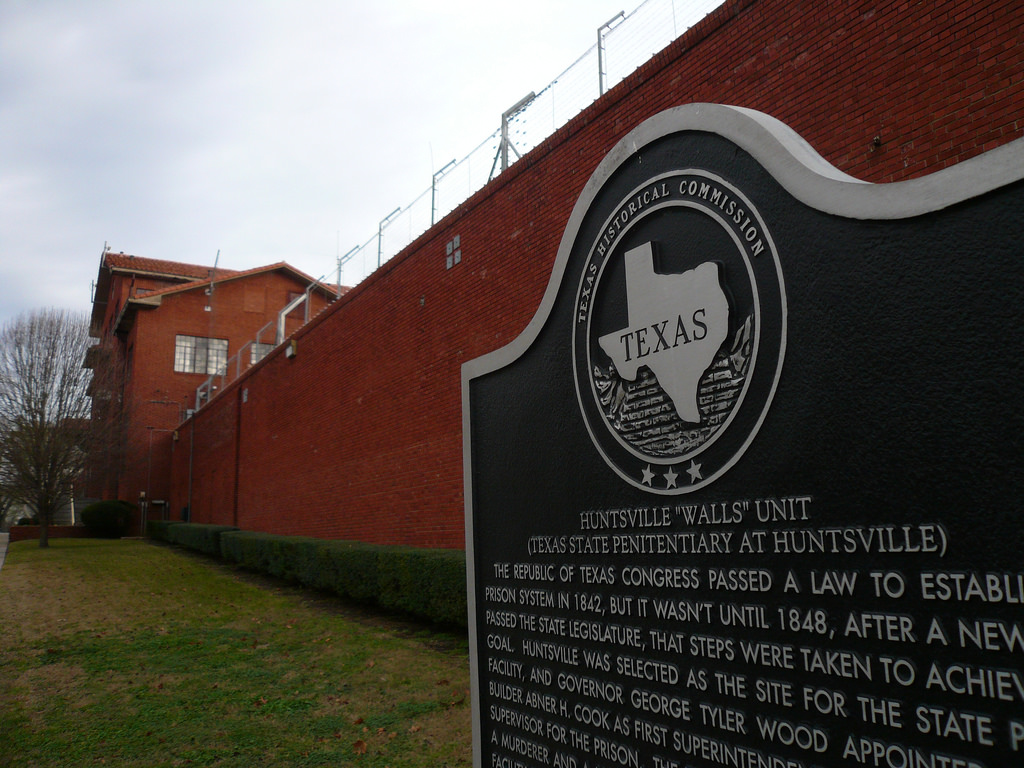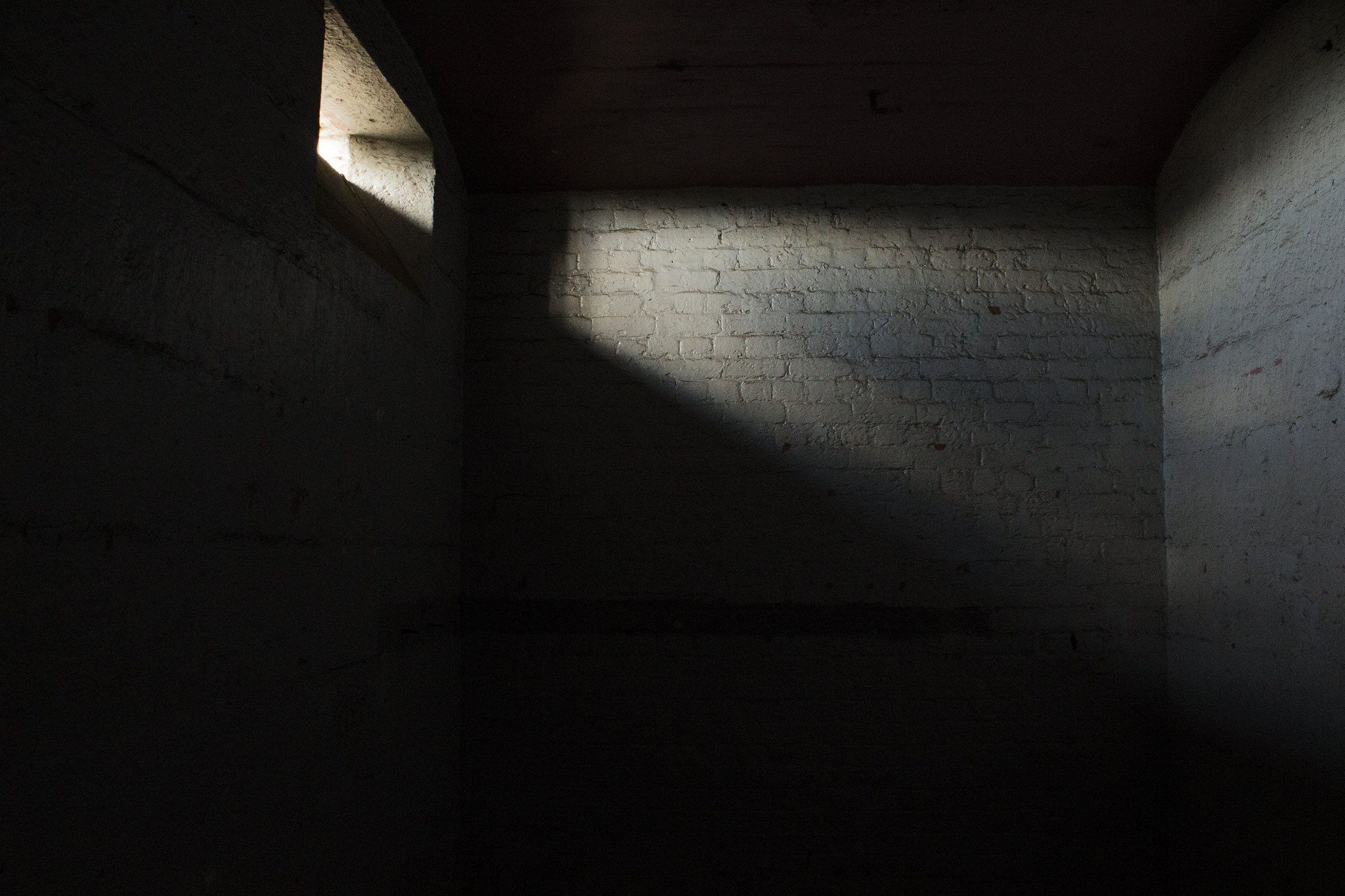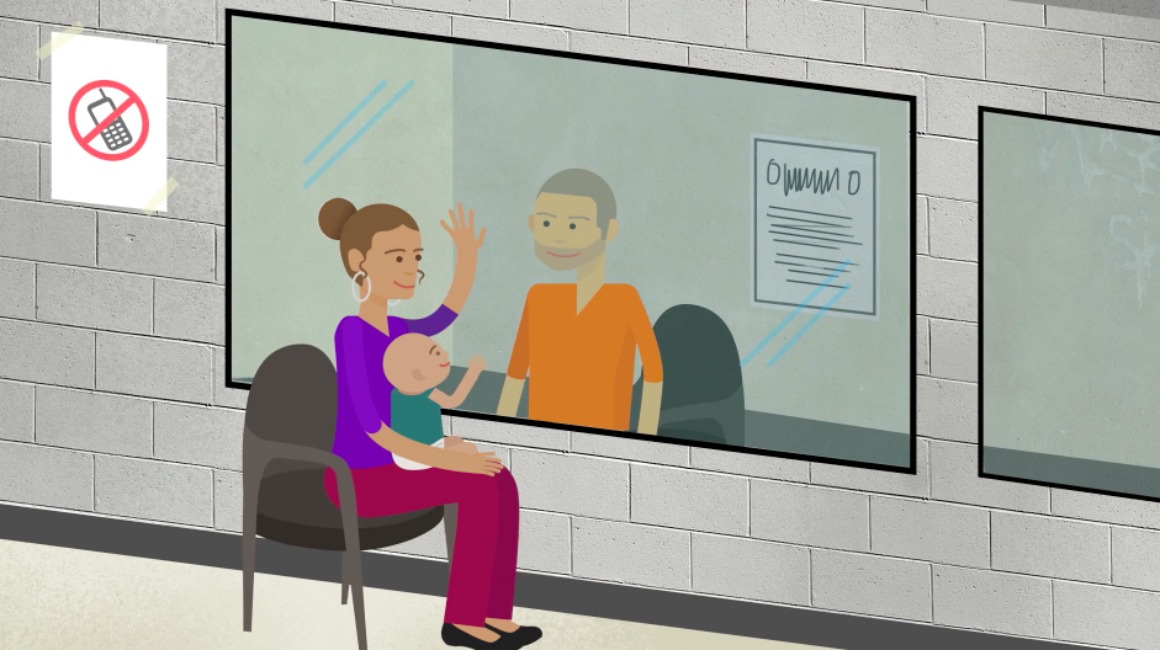Boycotts are a powerful tool in the arsenals of those seeking justice and a better world.
And while financial divestment from corporations can successfully pressure them to change their most harmful practices, divestment represents just the beginning of the long, difficult work of building a new, alternate economy that puts people and sustainability first.
“What we’re trying to do is encourage people to be more aware of and reflect on how we’re all invested in a war-like, violent, capitalist economy,” Mendoza Castillo, director of Economic Activism at CodePink, told MintPress News in an interview about her Local Peace Economy initiative.




